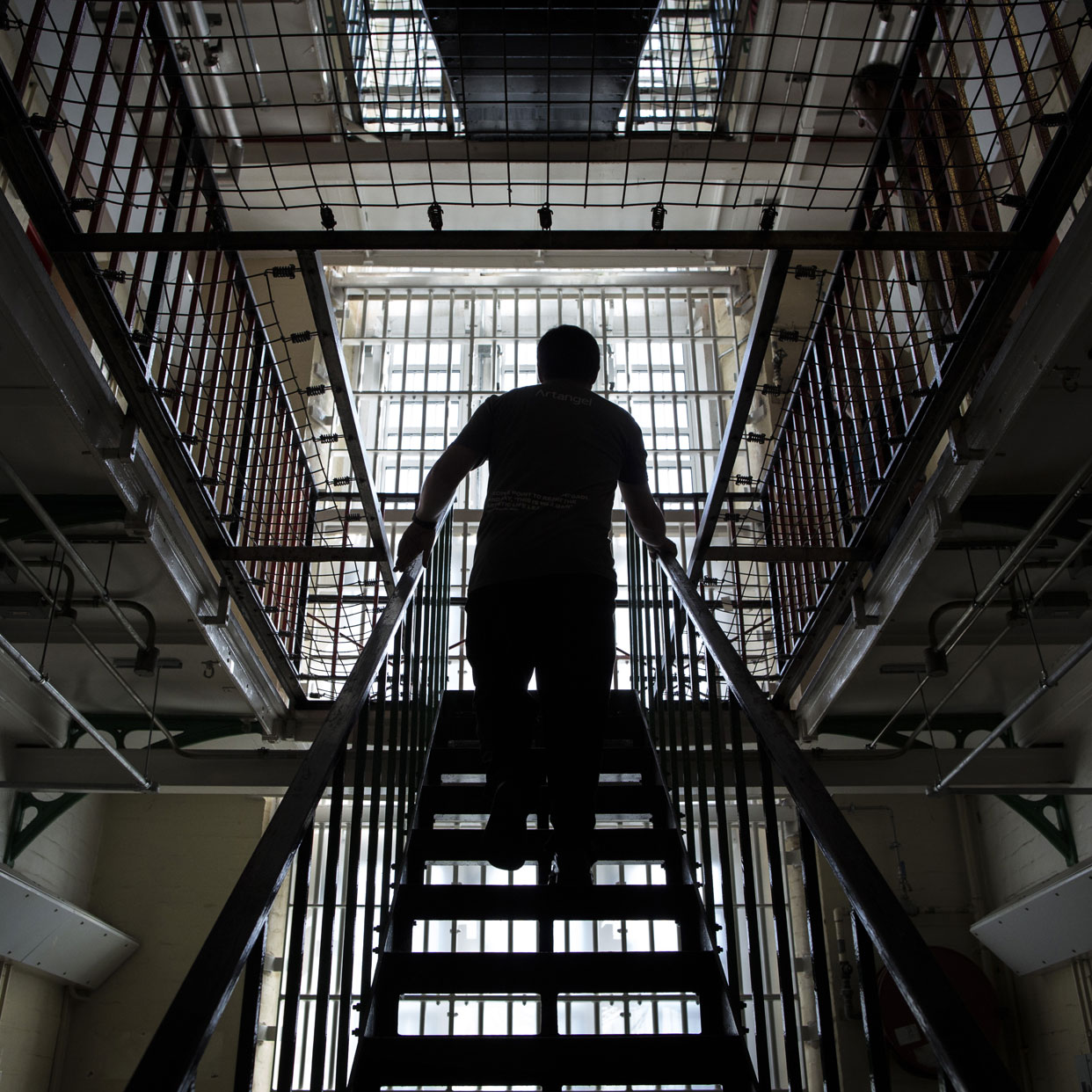Coronavirus: will the UK government release prisoners?
Campaigners say the move would save lives of inmates and officers

A free daily email with the biggest news stories of the day – and the best features from TheWeek.com
You are now subscribed
Your newsletter sign-up was successful
Campaigners are calling for prison inmates who are old, infirm or not considered a threat, to be released immediately due to the threat of the coronavirus.
The Prisoners’ Advice Service has told the Ministry of Justice that these measures will have “no discernible effect on the crime rate”, but will “allow prisons to implement strategies for safely managing and caring” for prisoners who remain behind bars.
Campaigners say such a release would save lives of both inmates and also prison officers and other staff, with The Guardian reporting that up to 60% of prisoners could become infected with coronavirus.
The Week
Escape your echo chamber. Get the facts behind the news, plus analysis from multiple perspectives.

Sign up for The Week's Free Newsletters
From our morning news briefing to a weekly Good News Newsletter, get the best of The Week delivered directly to your inbox.
From our morning news briefing to a weekly Good News Newsletter, get the best of The Week delivered directly to your inbox.
The prison population in the UK is currently 83,500, the highest in western Europe, meaning that more than 50,000 people could become infected in Britain’s prison system.
–––––––––––––––––––––––––––––––For a round-up of the most important stories from around the world - and a concise, refreshing and balanced take on the week’s news agenda - try The Week magazine. Get your first six issues for £6–––––––––––––––––––––––––––––––
Two people in UK prisons have so far tested positive for the virus, one at Strangeways in Manchester and another at HMP High Down, Surrey.
Last week, the BBC reported that around 75 officers at HMP Berwyn in Wales were either off-work or self-isolating due to coronavirus, while 22 prisoners showing symptoms were also isolated.
A free daily email with the biggest news stories of the day – and the best features from TheWeek.com
In 2018, a report by MPs found 15% of the prison population had respiratory conditions, which makes people more vulnerable to dying of coronavirus.
Ex-Conservative MP David Gauke, a former justice secretary, has called for the suspension of short sentences and the early release of some prisoners. He said cutting short sentences “reduces the churn” of inmates in and out of prisons, which would avoid transmission both ways.
He added: “There is a strong case for releasing some of those coming towards the end of their sentence a few months earlier. One should not overstate how significant that could be in reducing risks.”
Eric Allison, The Guardian’s prisons correspondent, writes that “local jails may become charnel houses if nothing is done to release those who represent at worst a nuisance to society”.
Allison says: “Those who say criminals deserve what they get should bear in mind that, in life, as in prisons, there is a pecking order. The poor and disadvantaged, who have committed no crimes, will be the next in the line of fire of this disease.”
The Times says that an outbreak among prison staff could force the hand of the government, reporting that a secret Ministry of Justice blueprint shows that thousands of low-risk prisoners would be released early if the coronavirus outbreak creates a shortage of staff in jails.
Other countries have already taken steps to release prisoners in the face of the coronavirus. In Iran, the Middle Eastern country worst affected by the pandemic, 85,000 prisoners have been granted temporary parole.
This includes Nazanin Zaghari-Ratcliffe, the British mother who was found guilty in September 2016 of attempting to stage a “soft overthrow” of the Islamic republic and is now serving a five-year jail term after being convicted of spying
There have been similar releases in Spain and some are planned in the US, according to the New York Post.
Meanwhile, the BBC says that at least 23 people have died in a Colombian jail, after what authorities are calling a mass breakout attempt amid rising tensions over coronavirus.